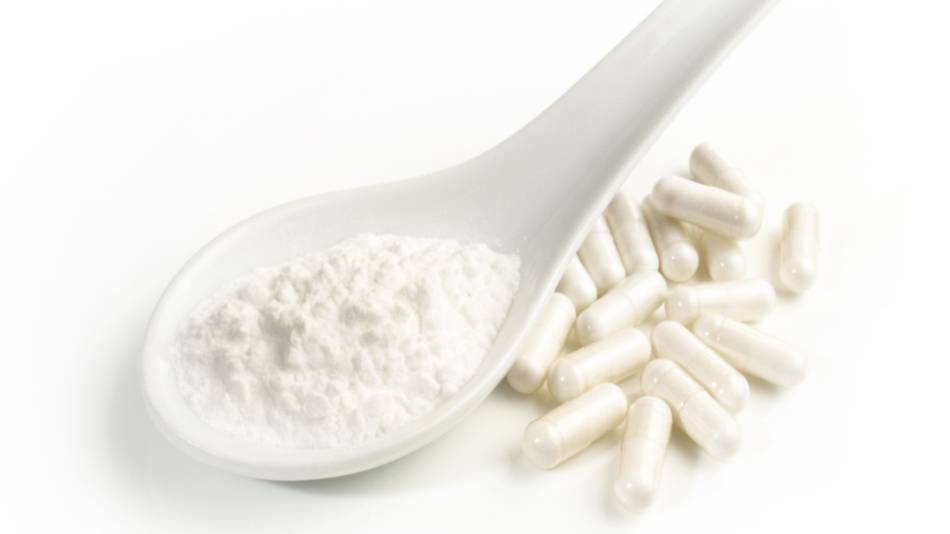
Answer:
L-carnosine, also called beta-alanyl-L-histidine, is a naturally occurring protein found in the brain and muscles. It can be obtained from meat sources (such as chicken or beef) or as a synthetic form in supplements (Roy Chengappa, Schizophr Res 2012).
Don't confuse L-carnosine with L-carnitine, which has been evaluated for different conditions (and is discussed within our Acetyl-L-Carnitine Supplements Review).
L-carnosine supplementation has been investigated for various conditions, including depression, autism spectrum disorders, diabetes and related complications, heart failure, Alzheimer's disease, cognitive function, and boosting muscle carnosine levels among vegetarians and vegans. L-carnosine showed modest benefit for some, but not all, of these conditions, although all of the studies to date have been short-term and most have been small.
Sign in for details about the clinical evidence for L-carnosine, as well as possible safety concerns, potential drug interactions, cost, how it differs from N-acetylcarnosine, and if research supports use of beta-alanine (a constituent of L-carnosine) instead of L-carnosine for athletic performance, depression, or cognitive function.
Join today to unlock all member benefits including full access to all CL Answers and over 1,400 reviews.
Join NowAlready a member? Sign In Here.
Join now at www.consumerlab.com/join/








Submit your comment
This feature is restricted to active members.
Join now to add comments and get all member benefits, including over 1,400 reviews.
Join NowAlready a member? Sign in here.